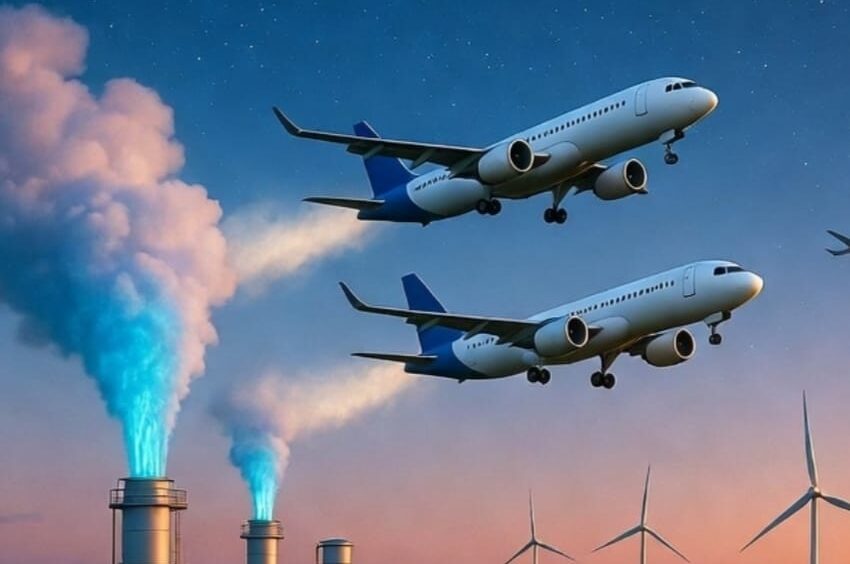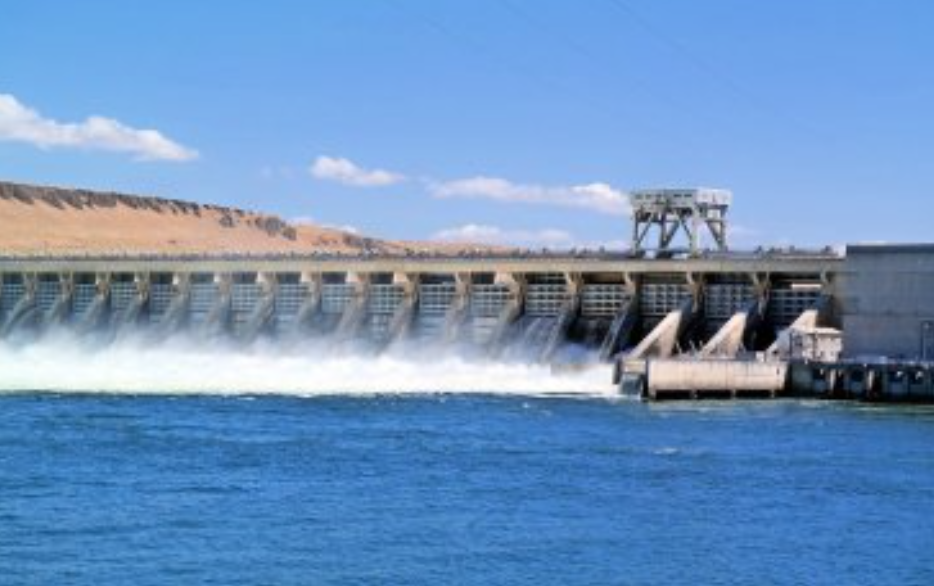India Positioned To Drive Global Green Aviation Push: Ficci–KPMG Report

Strategic roadmap highlights India’s SAF potential, backed by abundant feedstock, policy support, and export opportunities
India’s aviation sector is poised to emerge as a global leader in the shift towards greener skies, driven by its strong feedstock base, growing demand, and ambitious policy targets. As the world’s aviation industry grapples with the twin challenges of growth and climate responsibility, Sustainable Aviation Fuel (SAF) has been identified as the most scalable and immediate pathway to decarbonise flight.
India, currently the fifth-largest aviation market and expected to rank third by 2030, holds a significant competitive advantage in developing and scaling SAF. A new report titled “Sustainable Skies: Positioning India as a Global SAF Hub”, jointly released by Ficci and KPMG in India at the India Sustainable Aviation Fuel Summit, sets out a strategic roadmap to position the country at the forefront of global SAF production, adoption, and exports. The report was launched by Ram Mohan Naidu Kinjarapu, Minister of Civil Aviation, alongside senior dignitaries.
Key Insights
The report underscores that India’s SAF opportunity is structural, not speculative, backed by a diverse and abundant feedstock basket. With over 680 MMT of agricultural residue, 3.4 MMT of used cooking oil, and ethanol capacity exceeding 1,800 crore litres, the country is well equipped to scale SAF production sustainably.
SAF can reduce lifecycle emissions by up to 80 per cent, making it the most immediate lever for decarbonising aviation. The government has set progressive blending targets of 1 per cent by 2027, 2 per cent by 2028, and 5 per cent by 2030, aligned with ICAO’s CORSIA mandate.
Beyond cutting emissions, a 10 per cent SAF blend could significantly reduce aviation fuel imports, generate green jobs, enhance rural incomes, and support India’s energy security. The report also highlights a substantial export opportunity to high-value markets such as the EU, Japan, Singapore, and the Middle East.
The report recommends the creation of a National SAF Mission to coordinate government agencies, airlines, oil marketing companies (OMCs), and fuel producers, ensuring alignment across policy, technology, and finance. It stresses the importance of long-term offtake agreements between airlines, OMCs and SAF producers to secure market certainty and enable capital investment, noting that guaranteed demand is essential to support project bankability>
The report also advocates targeted fiscal tools such as tax incentives, grants, and viability-gap mechanisms to scale emerging technology pathways including HEFA, Alcohol-to-Jet and Fischer–Tropsch (FT), given that production costs remain structurally higher than for conventional jet fuel. It further highlights the need to leverage India’s abundant feedstock by building robust supply chains across agricultural residues, press-mud, used cooking oil and municipal solid waste, and proposes bundling these into integrated, region-based aggregation systems to ensure stable availability.
In parallel, the report urges the development of global partnerships to tap premium export markets—particularly in the EU, Japan, Singapore and the Middle East—where rising SAF obligations and favourable pricing could offer meaningful revenue streams.







































































































































































































































































































































































































































































































































































































































































































































































































































































































































































































































































